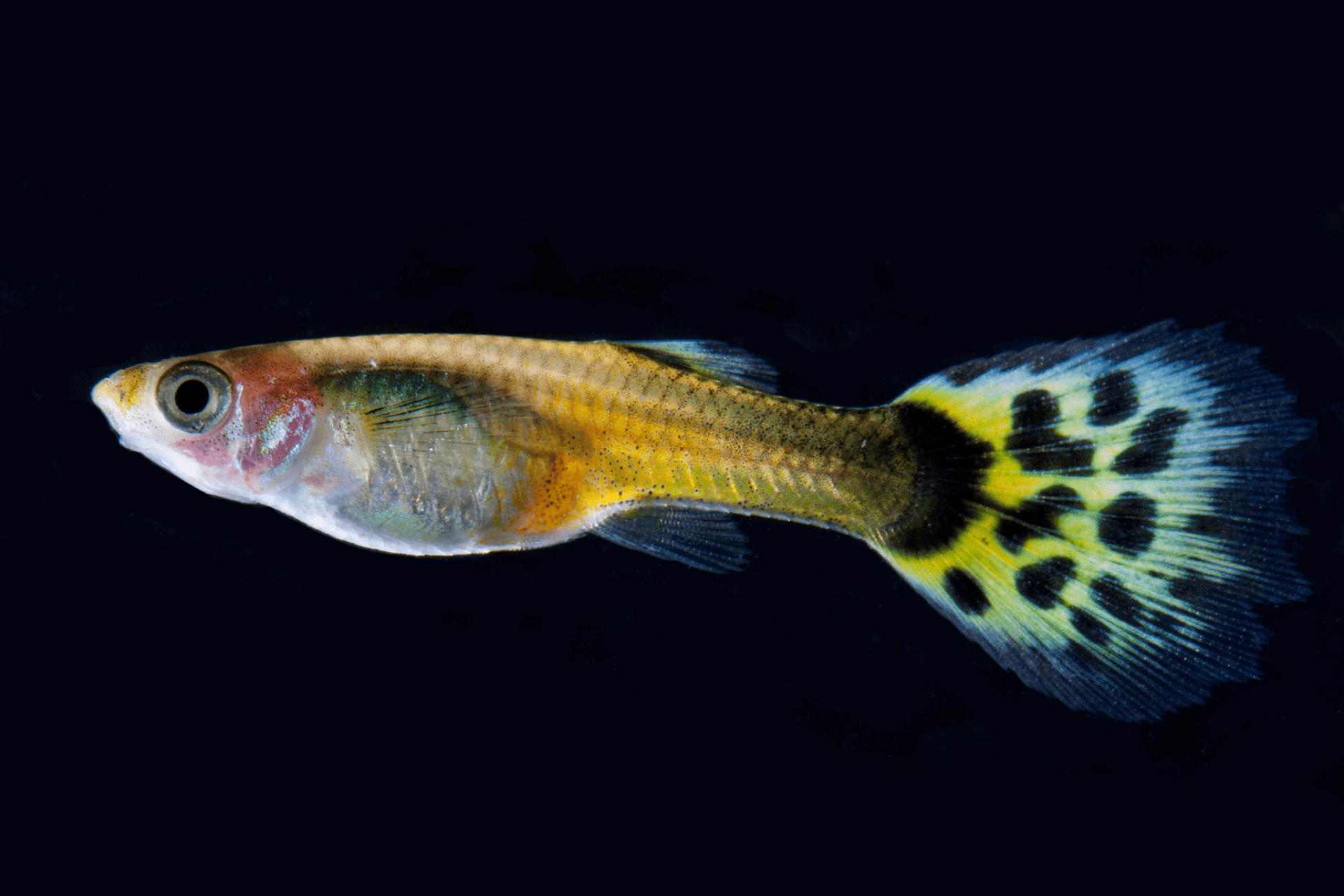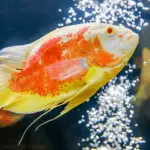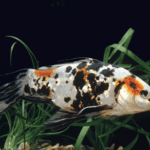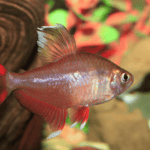Guppy fish are a popular species of freshwater fish kept in aquariums. They are small, brightly colored and very active, making them an attractive addition to any aquarium. However, guppy fish are also susceptible to Columnaris, a bacterial infection that can quickly spread and cause serious harm to your fish. In this article, we will take a closer look at Columnaris, including how to prevent it, identify it, and treat it.
Preventing Columnaris in Guppy Fish
The best way to prevent Columnaris in guppy fish is to maintain good water quality and hygiene in your aquarium. Here are some tips to help you do this:
- Regularly change the water in your aquarium.
- Keep the temperature of the water at a stable level.
- Avoid overfeeding your fish.
- Keep the aquarium clean and free from debris.
- Quarantine new fish for a period of time before adding them to your main tank.
By following these simple steps, you can help to reduce the risk of Columnaris and keep your guppy fish healthy.
Identifying Columnaris in Guppy Fish
If you suspect that your guppy fish may be suffering from Columnaris, there are several symptoms to look out for. These include:
- Ulcers or sores on the skin and fins of your fish.
- Swelling or bloating of the head and body.
- Loss of appetite.
- Difficulty swimming or floating abnormally.
- Clamped fins.
If you notice any of these symptoms in your guppy fish, it is important to act quickly to treat the infection.
The Causes of Columnaris in Guppy Fish
Columnaris is caused by the bacterium Flavobacterium columnare. This bacterium thrives in warm and poorly maintained aquariums, where it can quickly spread and cause harm to your fish. Poor water quality, overcrowding, and overfeeding can all increase the risk of Columnaris in guppy fish.
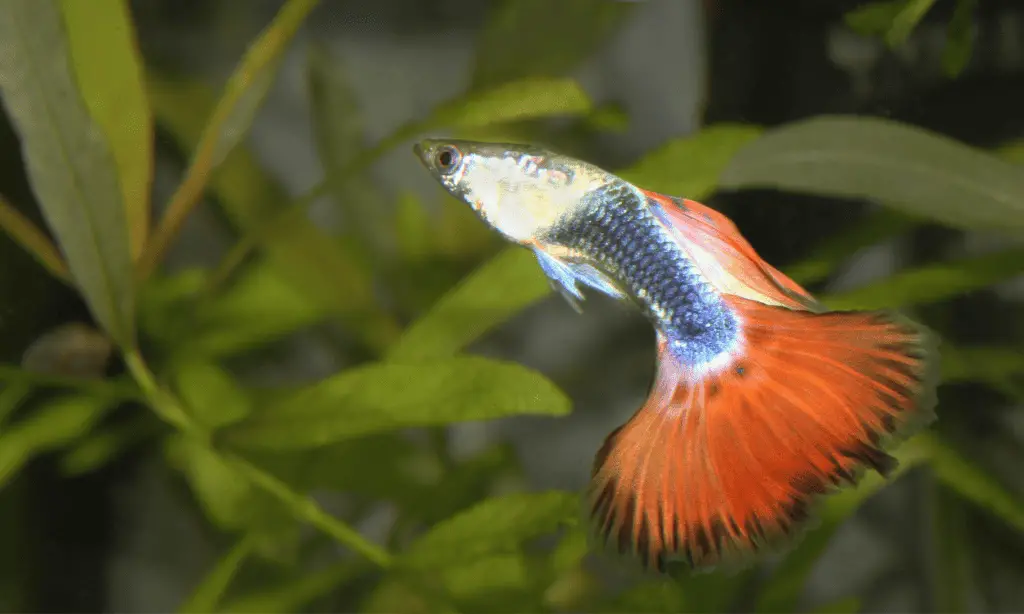
The Importance of Early Detection and Treatment
Early detection and treatment of Columnaris is crucial for the health and survival of your guppy fish. If left untreated, the infection can quickly spread and cause serious harm, including fin rot, skin ulcers, and death. By acting quickly to identify and treat the infection, you can help to prevent the spread of the disease and ensure that your fish make a full recovery.
Treating Columnaris in Guppy Fish
If your guppy fish is suffering from Columnaris, there are several treatments that can be used to help clear the infection. These include:
- Antibiotic treatment using medications such as Kanamycin, Tetracycline or Oxytetracycline.
- Improving water quality by increasing filtration and making regular water changes.
- Keeping the temperature of the water at a stable level.
It is important to note that Columnaris can be a difficult infection to treat, so it is essential to seek the advice of a veterinarian if you are unsure about how to proceed.
Common Mistakes to Avoid When Treating Columnaris
When treating Columnaris in guppy fish, it is important to avoid common mistakes that can impede the healing process and make the infection more difficult to treat. These mistakes include:
- Overusing antibiotics, which can lead to antibiotic resistance.
- Neglecting to maintain good water quality, which can make the infection harder to treat.
- Failing to quarantine new fish, which can increase the risk of infection.
By avoiding these common mistakes, you can help to ensure that your guppy fish receive the best possible treatment and make a full recovery from Columnaris.
The Different Strains of Columnaris in Guppy Fish
Columnaris, also known as “Cotton Mouth Disease” or “Mouth Fungus”, is caused by the bacterium Flavobacterium columnare. This bacterium is known to exist in several different strains, each with its own unique characteristics and virulence. Some strains are more aggressive and more difficult to treat than others, making early detection and accurate identification of the strain important for effective treatment.
One of the most commonly encountered strains is F. columnare type A, which is often associated with skin ulcers and fin rot in guppy fish. Another strain, F. columnare type B, is known to cause systemic infections and is often more difficult to treat.
It is important to note that the virulence of different strains of Columnaris can vary greatly, and that some strains may be more resistant to certain antibiotics than others. For this reason, it is important to seek the advice of a veterinarian if you suspect that your guppy fish may be suffering from Columnaris. A veterinarian can perform a test to identify the strain of Columnaris and recommend the most effective course of treatment.
In conclusion, understanding the different strains of Columnaris and the unique characteristics of each strain is important for effective prevention, identification, and treatment of the infection in guppy fish. By working with a veterinarian and following best practices for maintaining a healthy aquarium environment, you can help to keep your guppy fish healthy and free from Columnaris.
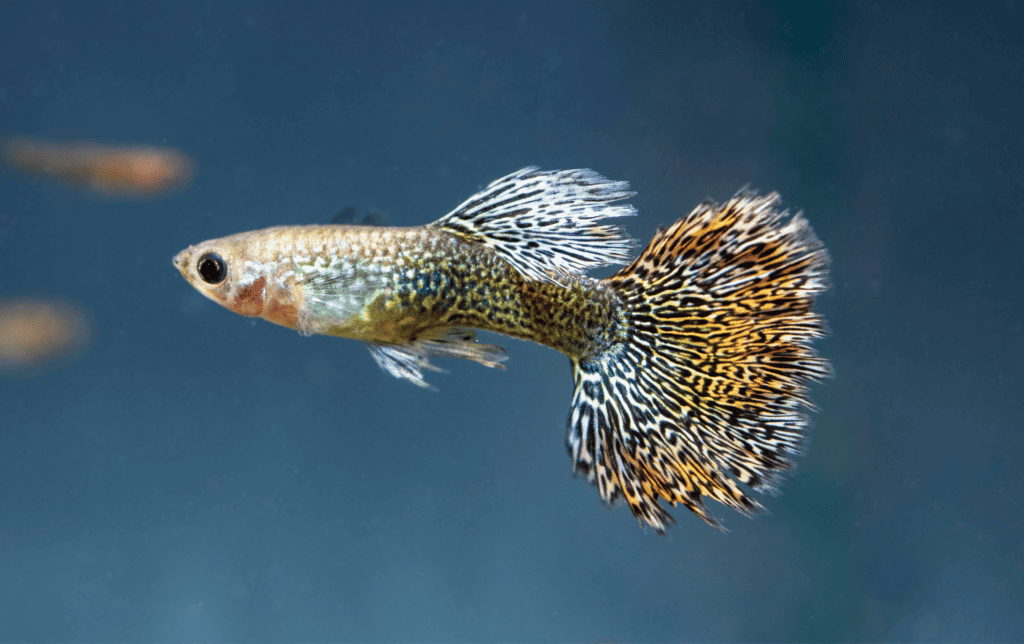
Maintaining a Healthy Aquarium Environment
Maintaining a healthy aquarium environment is crucial for preventing Columnaris and keeping your guppy fish healthy. Here are some tips for maintaining a healthy environment:
- Regularly change the water in your aquarium.
- Keep the temperature of the water at a stable level, between 72-82°F (22-28°C).
- Maintain a pH level of 7.0-8.0.
- Keep the aquarium clean and free from debris.
- Avoid overfeeding your fish.
- Do not overcrowd your aquarium.
- Regularly test the water to ensure that it meets the appropriate standards.
By following these tips, you can help to maintain a healthy aquarium environment and reduce the risk of Columnaris in your guppy fish.
Conclusion
Columnaris is a serious infection that can quickly spread and cause harm to your guppy fish. By taking steps to prevent it, identifying it early, and treating it promptly, you can help to keep your fish healthy and happy. Regular water changes, maintaining good water quality, and seeking the advice of a veterinarian if necessary, are all key steps in preventing and treating Columnaris in guppy fish.
